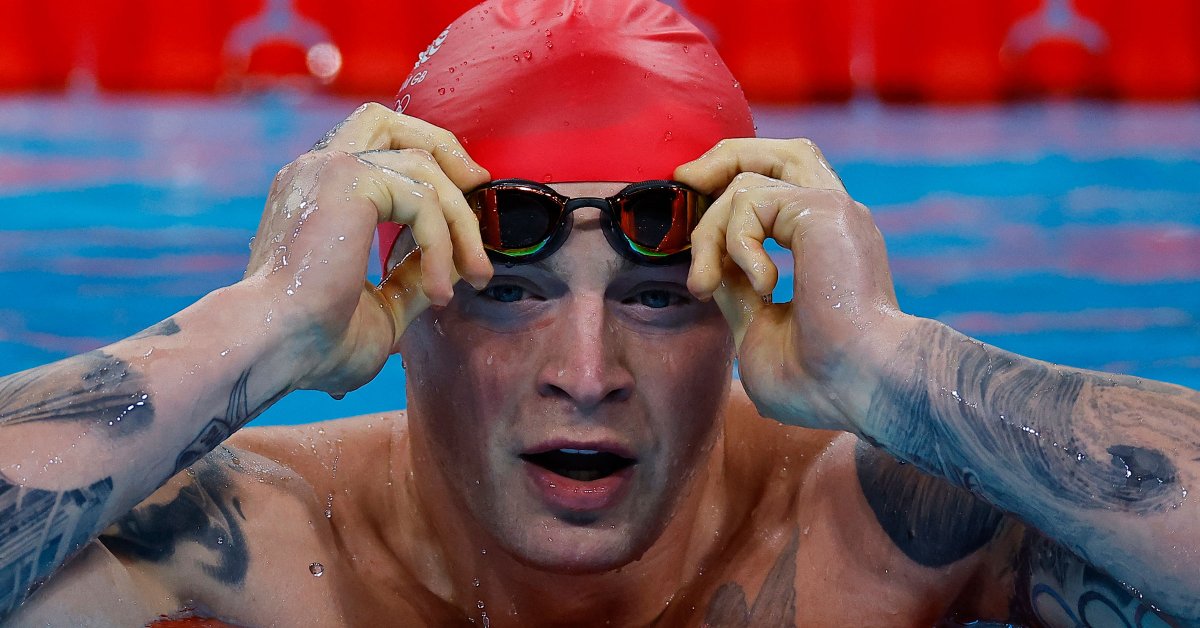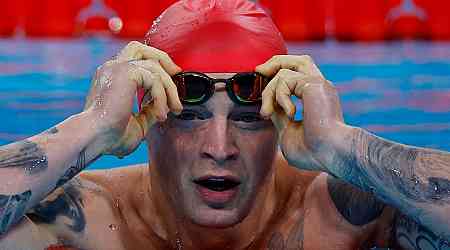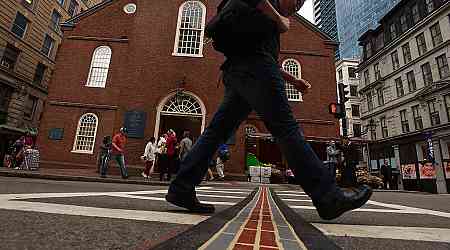
British swimmer Adam Peaty was the first athlete to reveal he had COVID-19 at the Paris Olympics, a day after winning silver in the men’s 100-m breaststroke at La Defense Arena.
In a statement, Team GB said Peaty had started feeling sick, with throat symptoms, before his race on July 28, that his symptoms got worse afterward, and he then tested positive for COVID-19.
[time-brightcove not-tgx=”true”]Since then, nearly a dozen swimmers, including several members of the Australian women’s water-polo team, have tested positive, raising questions about how widely the virus is spreading, especially in the pool.
A spokesperson for Paris 2024 said in an emailed statement to TIME that the organization is encouraging athletes to practice good infection-control behaviors such as “wearing a mask in the presence of others, limiting contacts and washing hands regularly with soap and water or using hand sanitizer.”
Read More: Katie Ledecky and Leon Marchand Put on an Incredible Show at the Paris Olympics
For now, there does not appear to be an outbreak, but, as cases of COVID-19 rise around the world—in the U.S., the Centers for Disease Control and Prevention (CDC) reports that the number of infections is growing in 36 states—it’s inevitable that the virus would make an appearance at the Olympics, where thousands of athletes and millions of spectators have gathered.
But the rules surrounding COVID-19—including vaccination recommendations, who gets tested, isolation procedures, and masking guidance—are very different at the Paris Games than they were during the Tokyo Olympics. In Tokyo, in the summer of 2021, athletes—and the media who had contact with them in interview zones—were tested regularly. Anyone testing positive was immediately isolated and remained separated from others until they tested negative. While vaccination wasn’t mandated, most national Olympic sports organizations, including the U.S. Olympic and Paralympic Committee (USOPC), strongly recommended that athletes be up-to-date with their COVID-19 shot. Officials also conducted temperature checks for anyone entering any competition to monitor for fevers, one symptom of an infection. To further limit the possibility of an outbreak, no spectators were allowed at those Games.
In Paris, the fans are back, virtually none of them wearing masks, and there is no regular testing of athletes. A spokesperson for the USOPC said in emailed responses to questions from TIME that American athletes are generally tested only if they have symptoms such as a persistent cough, fever, or sore throat, or if they are just generally feel unwell, and COVID-19 is being treated like any other respiratory illness such as the cold or flu. That means there is no rule preventing athletes from training or competing, just as there isn’t anything from stopping someone with the sniffles or a stuffy nose.
To protect other Olympians, however, since athletes share rooms and countries occupy the same living space in the Olympic Village, if athletes test positive, they are generally moved to a single room to limit the chance of getting others sick. The USOPC is also arranging for separate transportation for them to and from practices and events and delivering their meals so they won’t need to be in the public dining hall. Medical clinics at the Olympics also have isolation rooms to accommodate people who test positive.
“We will allow them to train and compete as long as they feel up to it,” the USOPC spokesperson said.
Those practices follow guidance from the CDC, which advises people who test positive to stay home and away from others but suggest returning to normal activities when symptoms have improved and any fever has resolved on its own (without medications) for at least 24 hours. People can still spread the virus at that point, so the CDC recommends frequent hand-washing, wearing masks, and practicing social distancing in crowded indoor settings for at least five days. “Keep in mind that you may still be able to spread the virus that made you sick, even if you are feeling better,” the agency says on its website. “You are likely to be less contagious at this time, depending on factors like how long you were sick or how sick you were.”
The cases involving water sports raises the question of whether being in the water with infected athletes increases the risk of spread. Early in the pandemic, the CDC advised that pools don’t carry any heightened risk of spreading the virus, but the enclosed spaces people use for swimming such as locker rooms, showers, and the pool area itself might promote transmission because of the poor ventilation in those areas.
The Paris 2024 spokesperson said “we are carefully monitoring the health situation in close coordination with the Ministry of Health.”























